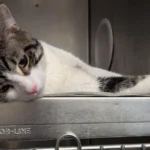Have you ever looked into a cat’s eyes and wondered what stories they hide? There’s something haunting and beautiful about the way cats move through life—sometimes distant, sometimes affectionate, always mysterious. If you’ve ever adopted a cat and noticed a sudden flinch, or watched your feline stare out the window like it’s remembering another world, you might have asked: do cats remember their past owners or painful experiences? Let’s pull back the curtain on the hidden memories and emotions of our feline friends.
The Cat’s Mysterious Mind: How Memory Works in Felines

Cats have brains shaped a lot like ours, just smaller and a bit more compact. Their memory works in ways that are at once simple and surprisingly complex. They remember where their food bowl is, who gives the best chin scratches, and which cupboard hides the treats. But their memories can run much deeper than just daily routines. Emotional memories, especially those tied to strong feelings like fear or affection, can stick with a cat for years. This means that a cat’s mind is a patchwork of little moments, stitched together by experience and emotion.
Types of Memory in Cats: Short-Term vs. Long-Term
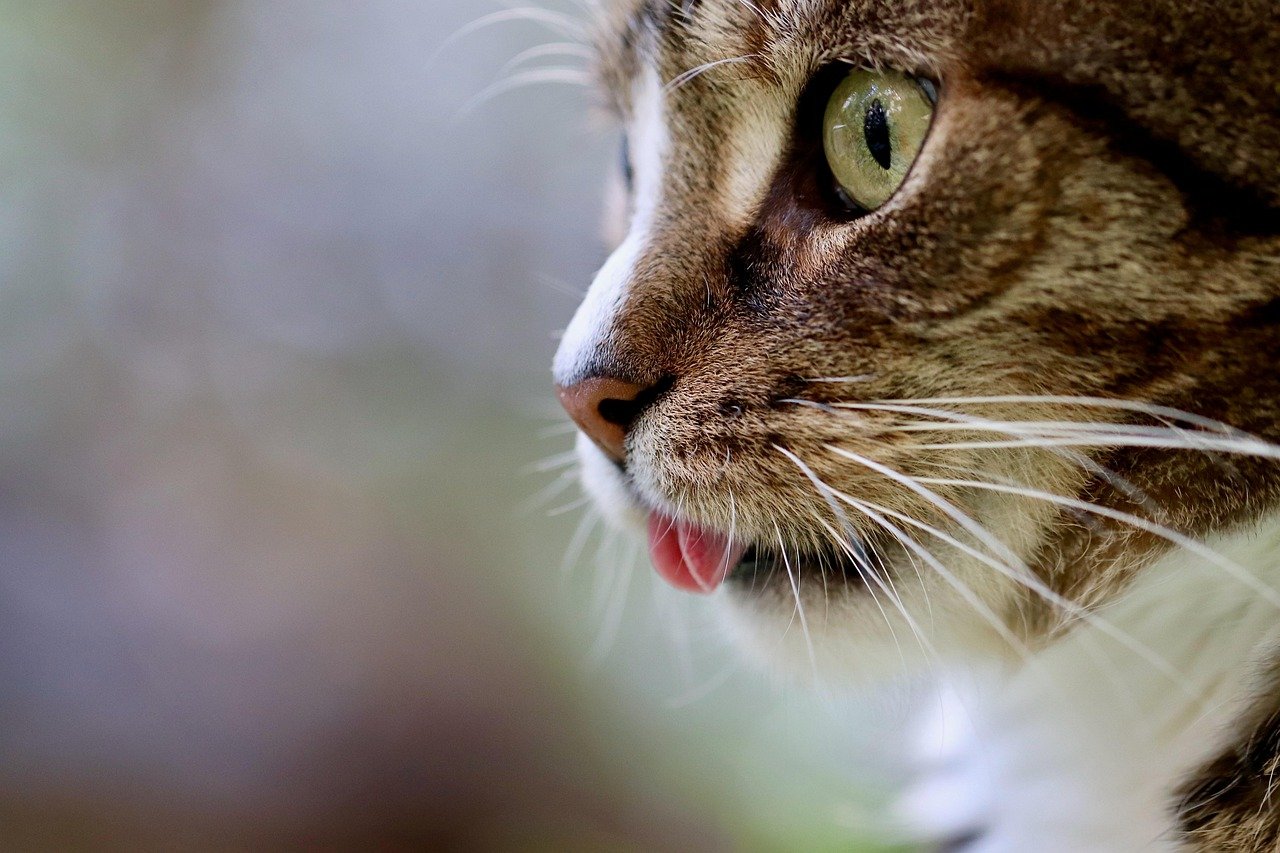
Just like people, cats use both short-term and long-term memory. Short-term memory helps them remember where they last saw a toy or a moving bug. This kind of memory lasts a few minutes to a few hours. Long-term memory, on the other hand, is where things get interesting. It stores information that matters for survival—like which places are safe, who they can trust, and which hands have hurt or fed them. These memories can last for months or even years, shaping their personalities and behaviors.
Do Cats Recognize Past Owners?

The question of whether a cat remembers a previous owner is one that tugs at the heart. While cats may not remember faces the way humans do, they are excellent at recognizing scents, voices, and routines. A cat that’s been reunited with a former owner might seem aloof at first, but it may start displaying familiar behaviors: curling up in a favorite lap spot or responding to a nickname. These subtle signs suggest that cats can indeed remember people who were important in their lives, especially if they shared strong emotional bonds.
The Power of Scent: Memory’s Secret Weapon

Out of all their senses, a cat’s sense of smell is the most powerful when it comes to memory. Scent triggers emotional and survival-based memories. If you’ve ever seen a cat sniff an old sweater or bedding, you’ve witnessed memory in action. Cats recognize people, places, and even other animals by their unique scents. This is why a familiar scent can cause a cat to relax—or, conversely, to react with fear if it reminds them of something bad from the past.
Attachment and Bonding: Forming Emotional Memories
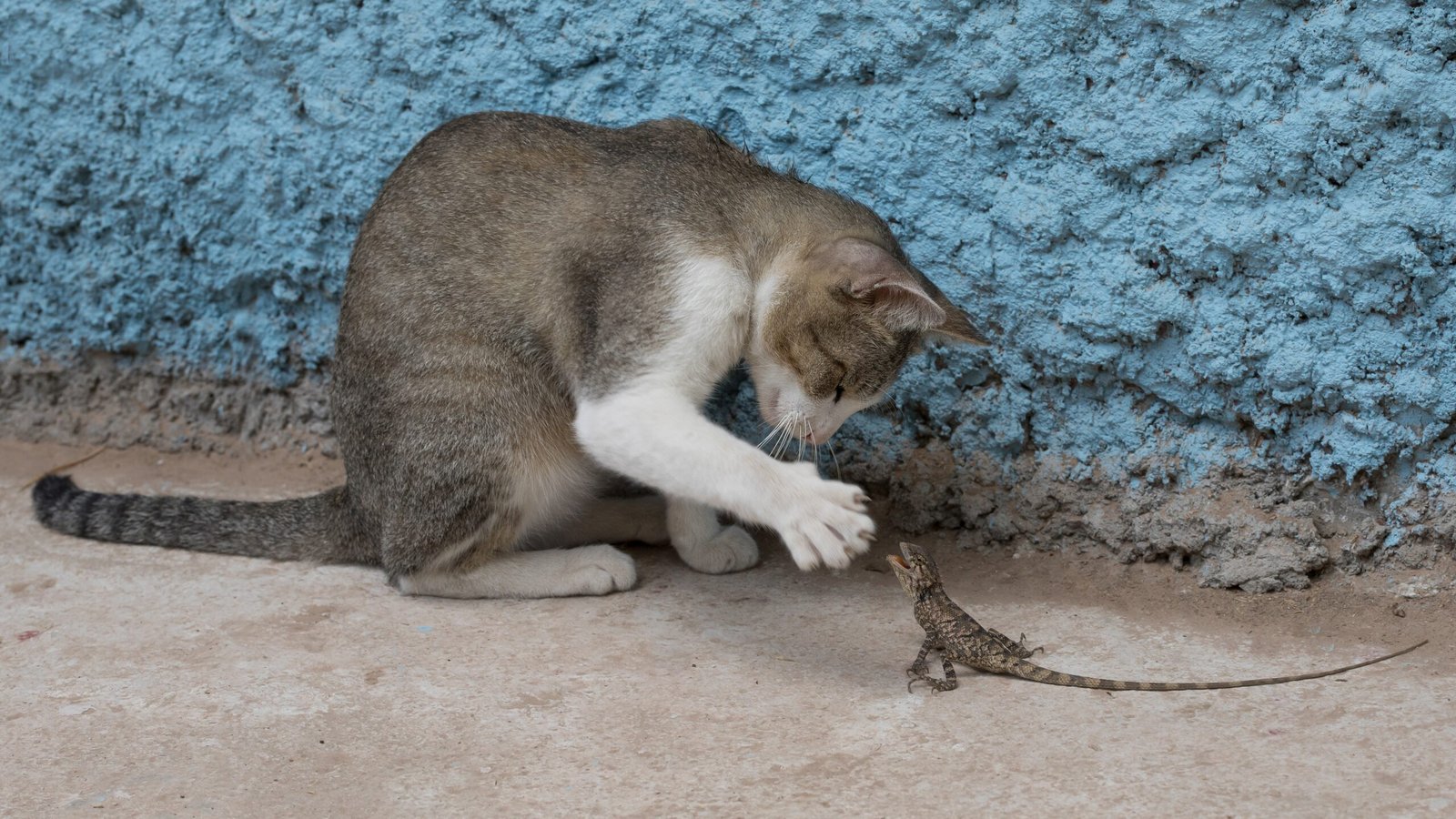
Cats may seem independent, but they form deep attachments to the people who care for them. These bonds are built over time through trust, affection, and routine. If a cat feels safe and loved, it creates positive emotional memories that can last a lifetime. Conversely, if those bonds are broken—such as through rehoming or loss—the cat may show signs of grief or confusion, indicating just how strong those attachments really are.
Trauma and Its Lasting Effect on Cats
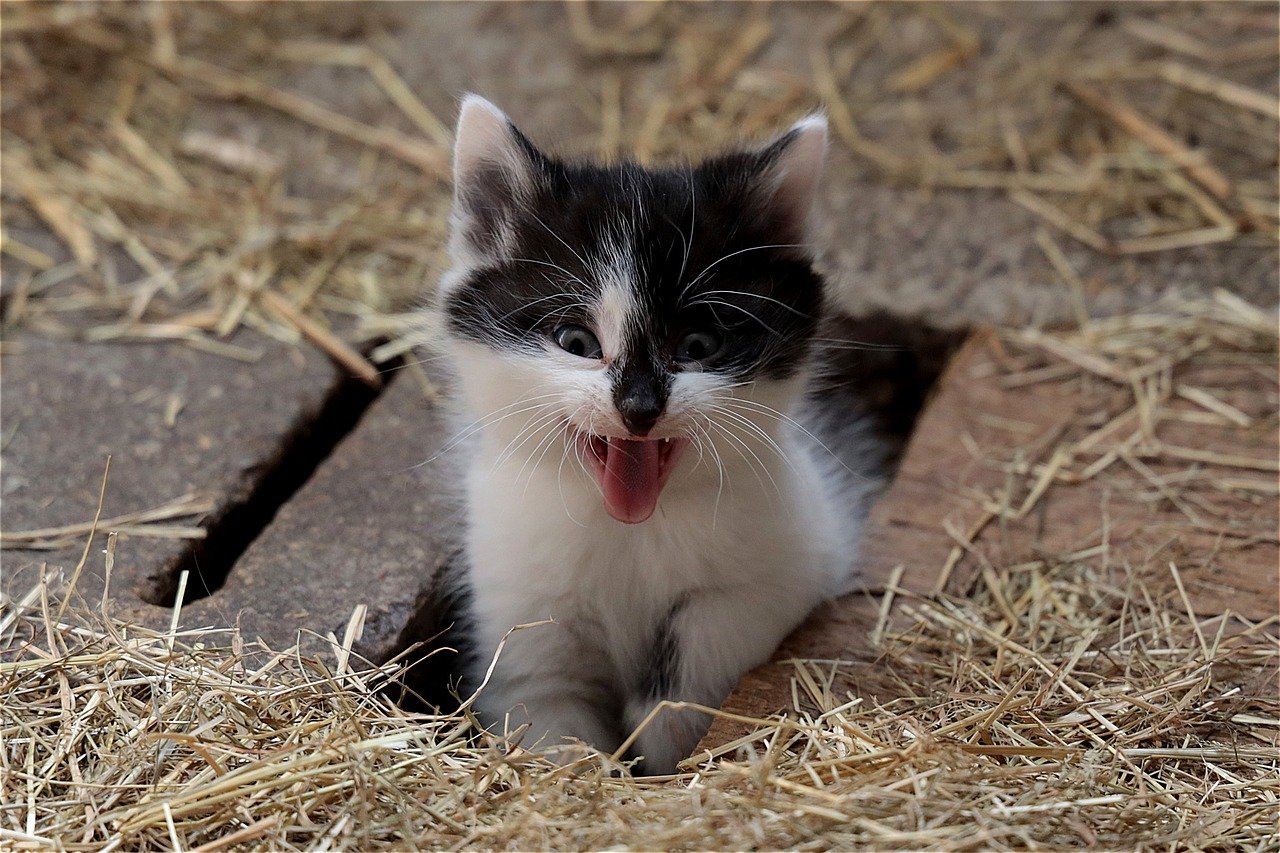
A traumatic experience can leave scars that last far longer than any scratch or bite. Cats who have suffered abuse, neglect, or frightening situations often carry those memories with them. These experiences can shape their behavior—making them skittish, aggressive, or overly cautious around strangers. Trauma doesn’t just disappear with time; it can show up in unexpected ways, like hiding under the bed during thunderstorms or hissing at certain noises.
Signs Your Cat Remembers Past Trauma

If your cat suddenly reacts with fear to specific objects, people, or sounds, it could be a sign of remembered trauma. Watch for body language: flattened ears, dilated pupils, quick retreats, and even trembling. Cats might avoid certain rooms or flinch at fast movements. Sometimes, even gentle touches can cause them to recoil. These behaviors often aren’t about the present moment—they’re echoes of something the cat experienced before.
How Long Do Cats Remember Bad Experiences?
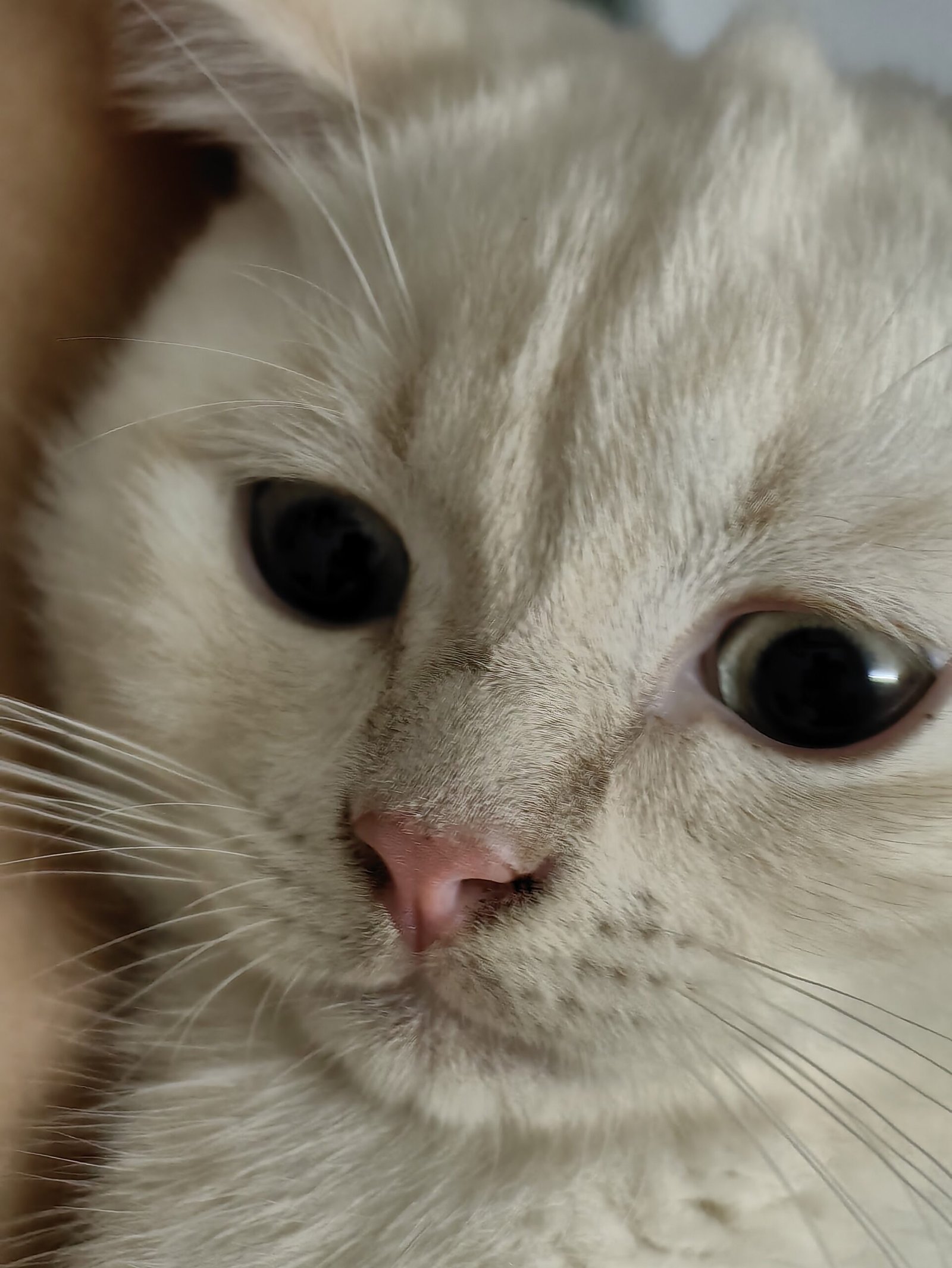
Research and anecdotal evidence suggest that cats can remember traumatic events for a very long time—sometimes for their whole lives. The more intense the emotion attached to the memory, the stronger and longer-lasting it is. While time and positive experiences can help soften the impact, certain triggers might always bring back a fearful response, even years later. This is why patience and gentle care are so important when helping a cat recover from a rough past.
Rehomed Cats: Adjusting to New Environments
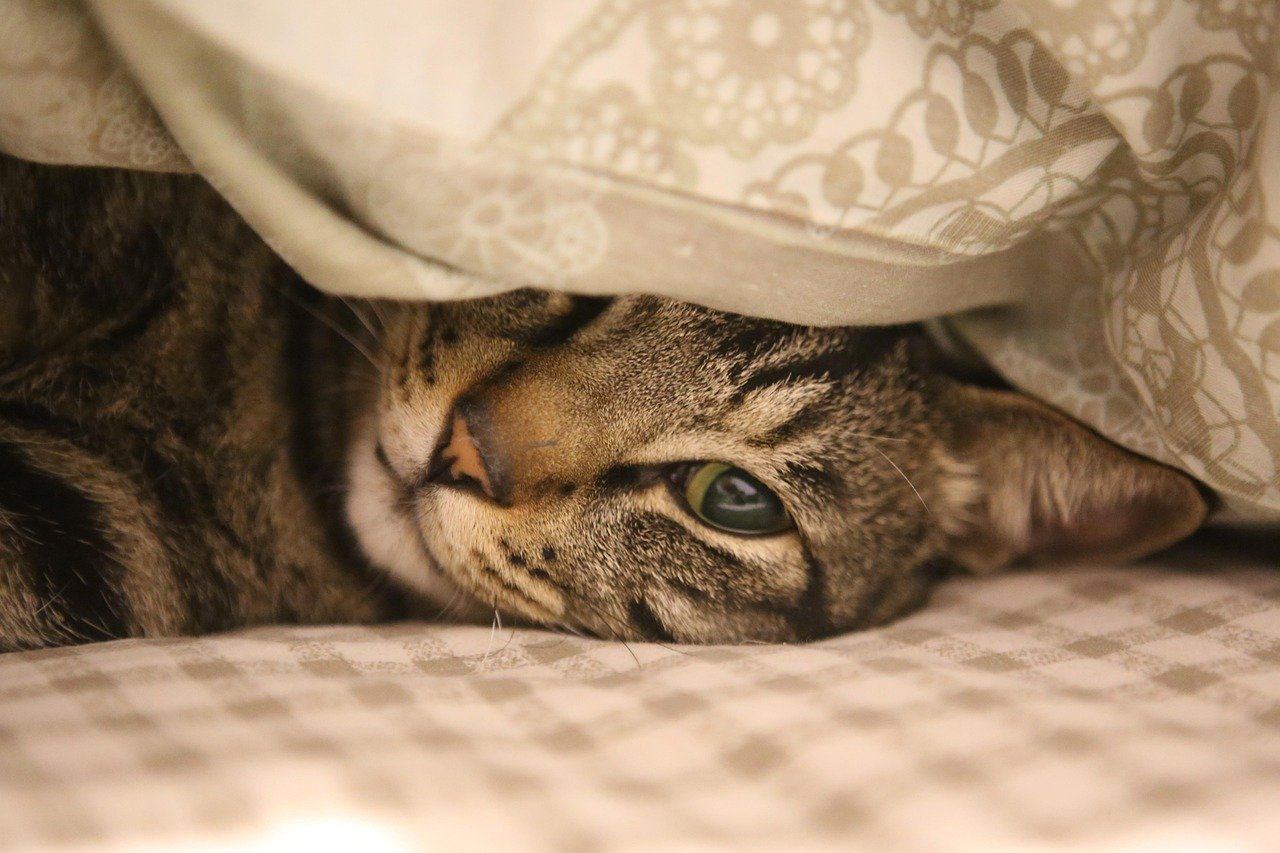
When a cat is given a new home, it enters a world filled with unfamiliar sights, sounds, and smells. The adjustment period can be stressful as the cat tries to make sense of its new surroundings while holding on to memories of its previous life. Some cats settle in quickly, while others take weeks or even months to relax. Their ability to adapt depends on their past experiences and how safe they feel in their new environment.
Do Cats Experience Grief for Lost Owners?

Cats are more emotional than they let on. When separated from someone they love—whether through death, moving away, or rehoming—they can show signs of grief. You might notice a loss of appetite, lethargy, or excessive vocalization. Some cats search for their missing person, while others withdraw and become less social. Grieving cats need extra comfort and patience as they adjust to life without their loved one.
Helping Cats Overcome Past Trauma
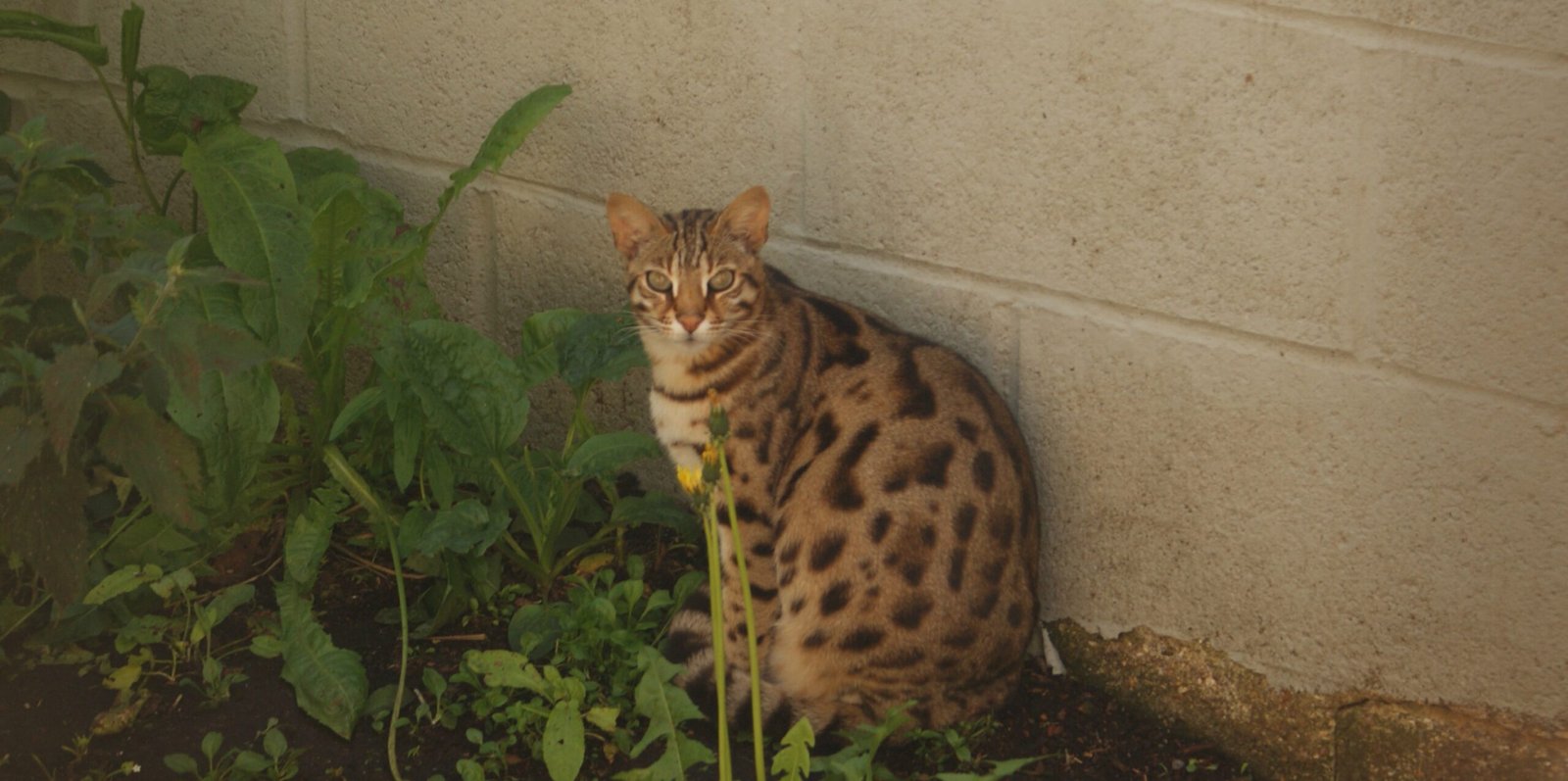
If you suspect your cat is haunted by old fears or painful memories, there are ways to help. Creating a calm, predictable environment is key. Use gentle voices, slow movements, and let the cat come to you on its own terms. Offering treats, toys, and cozy spots can help rebuild trust. Consistency is comforting, and over time, most cats will begin to feel safe enough to form new, happier memories.
The Role of Routine: Building Trust and Security

Cats thrive on routine. Knowing when they’ll be fed, where they can nap, and who will interact with them helps them feel safe. For cats with a history of trauma, predictable routines are like a warm blanket—they provide stability and reduce anxiety. Simple things like feeding at the same time each day or keeping furniture in familiar places make a big difference in helping cats adjust and heal.
Can Cats Forgive and Forget?
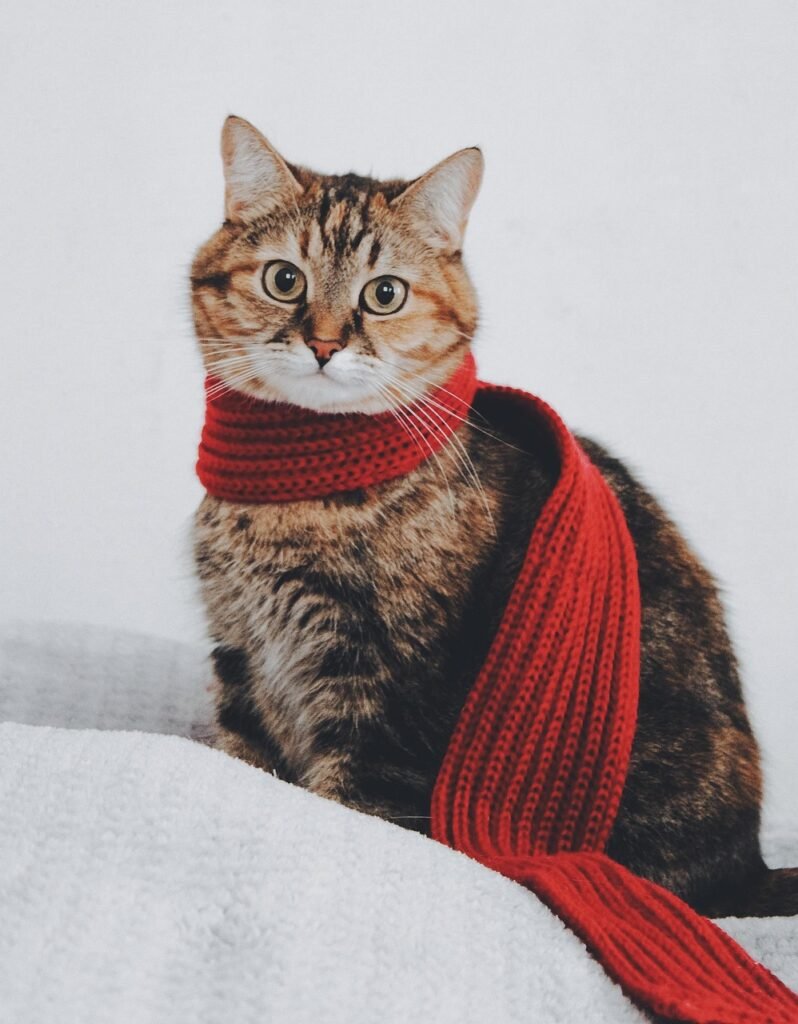
Forgiveness is a tricky concept for cats. They may not “forgive” in the human sense, but they can learn to trust again. With patience and kindness, even a cat with a painful past can let go of some old fears. However, forgetting isn’t always possible. Certain triggers may always cause a reaction, but with enough positive experiences, those moments can become fewer and farther between, replaced by new, happier memories.
Emotional Intelligence in Cats: More Than We Think

Cats are often painted as aloof, but anyone who’s spent time with them knows they’re capable of deep emotion. They read our moods, react to our voices, and even offer comfort when we’re sad. This emotional intelligence also means they’re more sensitive to negative experiences. A cat who’s been hurt or abandoned may pick up on even subtle changes in your tone or body language, demonstrating just how attuned they are to the world—and memories—around them.
Cats and PTSD: Is It Real?

While cats don’t get diagnosed with PTSD like humans do, they can develop similar symptoms after trauma. These might include sudden aggression, fear responses that seem out of proportion, or obsessive behaviors like over-grooming. Some cats relive their trauma through nightmares or flashbacks, becoming startled by things that remind them of their past. Recognizing these signs is the first step to helping a cat find peace again.
Signs of Positive Memories in Cats

Luckily, not all memories are painful. Cats also remember good times, and you can see it in the way they snuggle up to a favorite person, purr when given a certain blanket, or come running at the sound of the treat jar. These positive memories are just as powerful as the negative ones, shaping a cat’s personality and the way it interacts with the world. The more good experiences you give your cat, the more likely they are to feel secure and happy.
Cat Communication: How They Show What They Remember
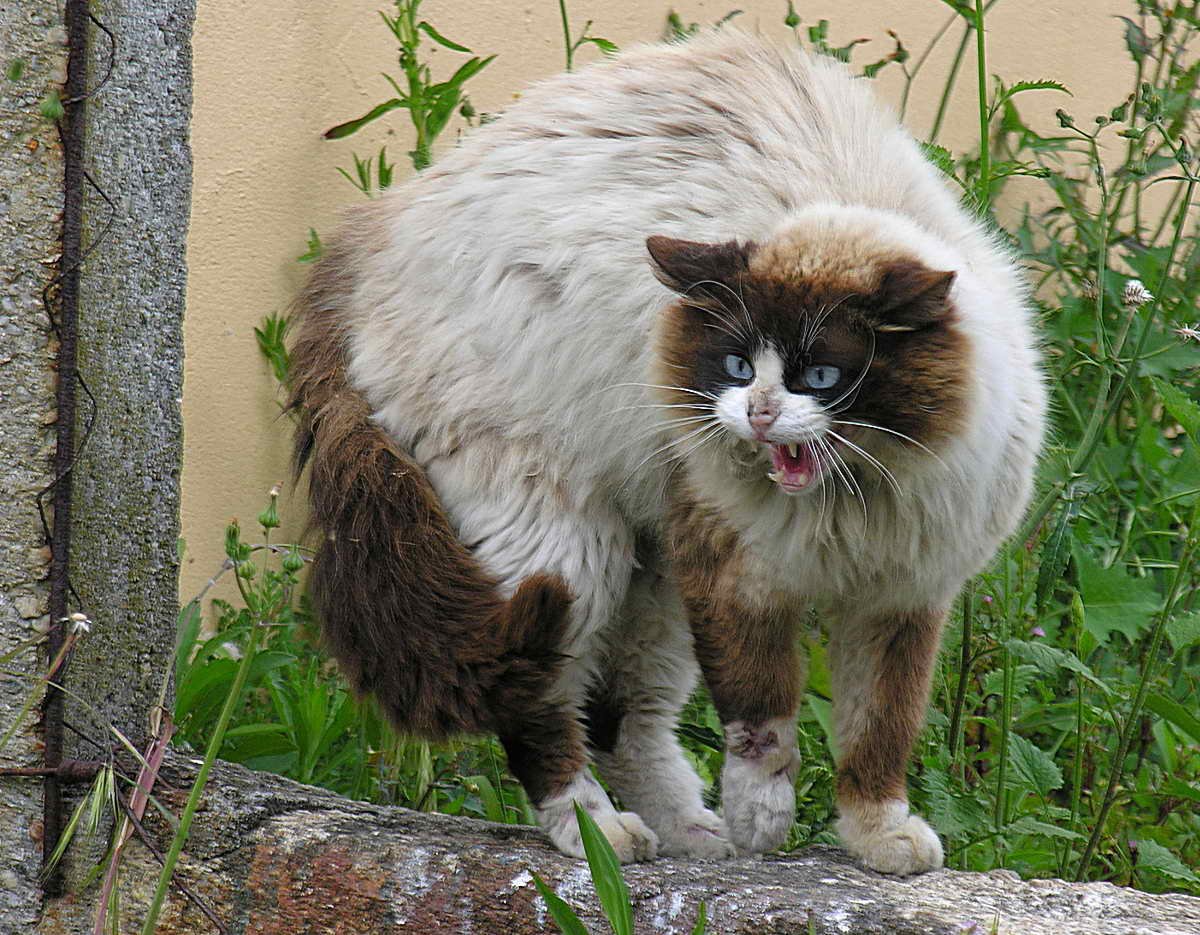
Cats don’t have words, but they communicate their memories through behavior. A cat who remembers kindness may greet you with head bumps or slow blinks. One who recalls fear might hide or lash out. Pay attention to the small signals: the way a cat follows you from room to room, the little chirps or meows, even the way they settle beside you. These are all clues to what your cat remembers and feels.
Why Some Cats Seem to “Forget” Faster Than Others
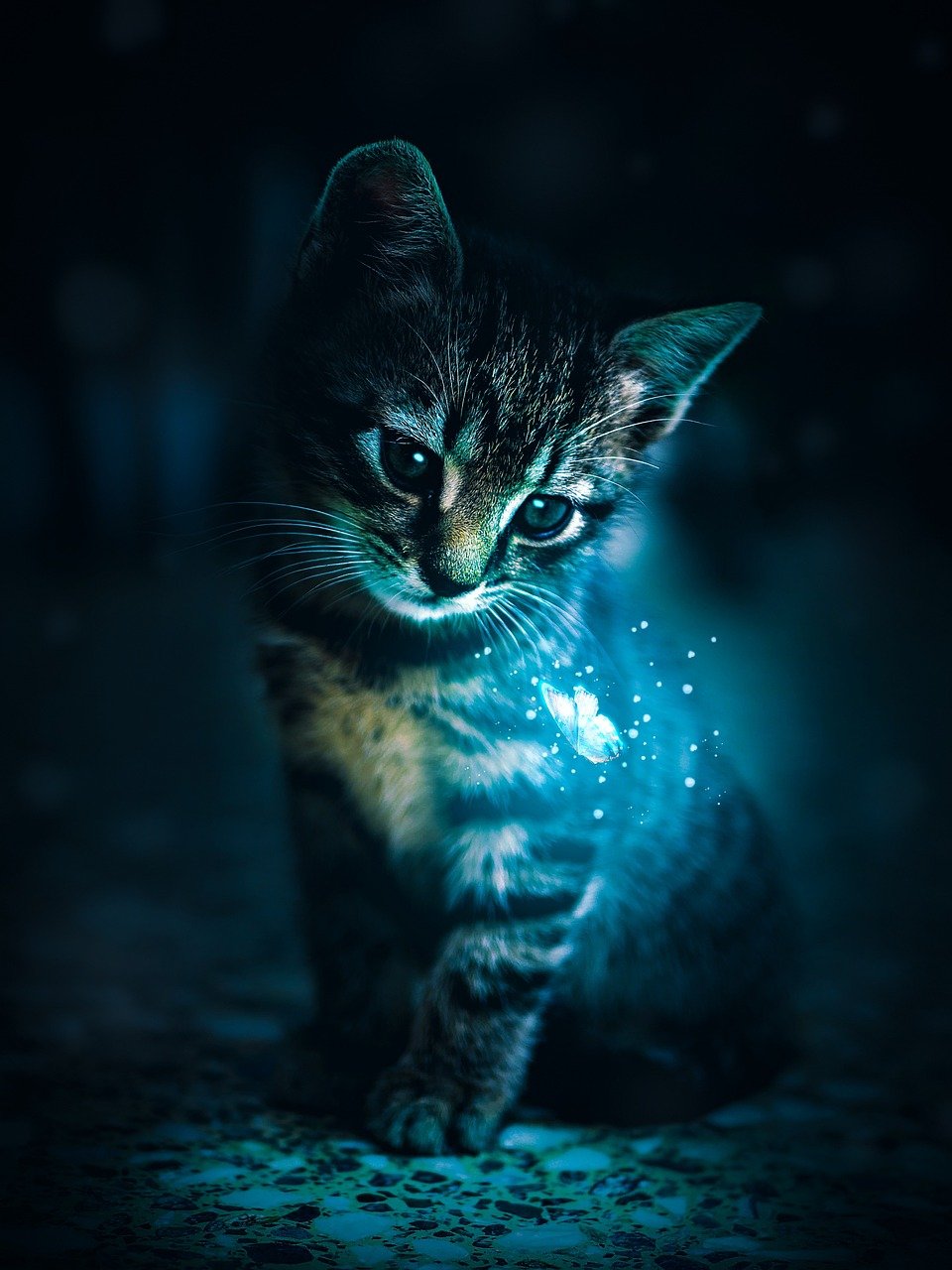
Not all cats react to the past in the same way. Some seem to let go of bad experiences quickly, while others hold onto them for years. This difference can depend on breed, personality, age, and the severity of what they experienced. Some cats are naturally more resilient, bouncing back with a little reassurance, while others need more time and patience to heal. Knowing your cat’s unique temperament can help you support their journey.
Building New Memories: The Power of Love and Patience
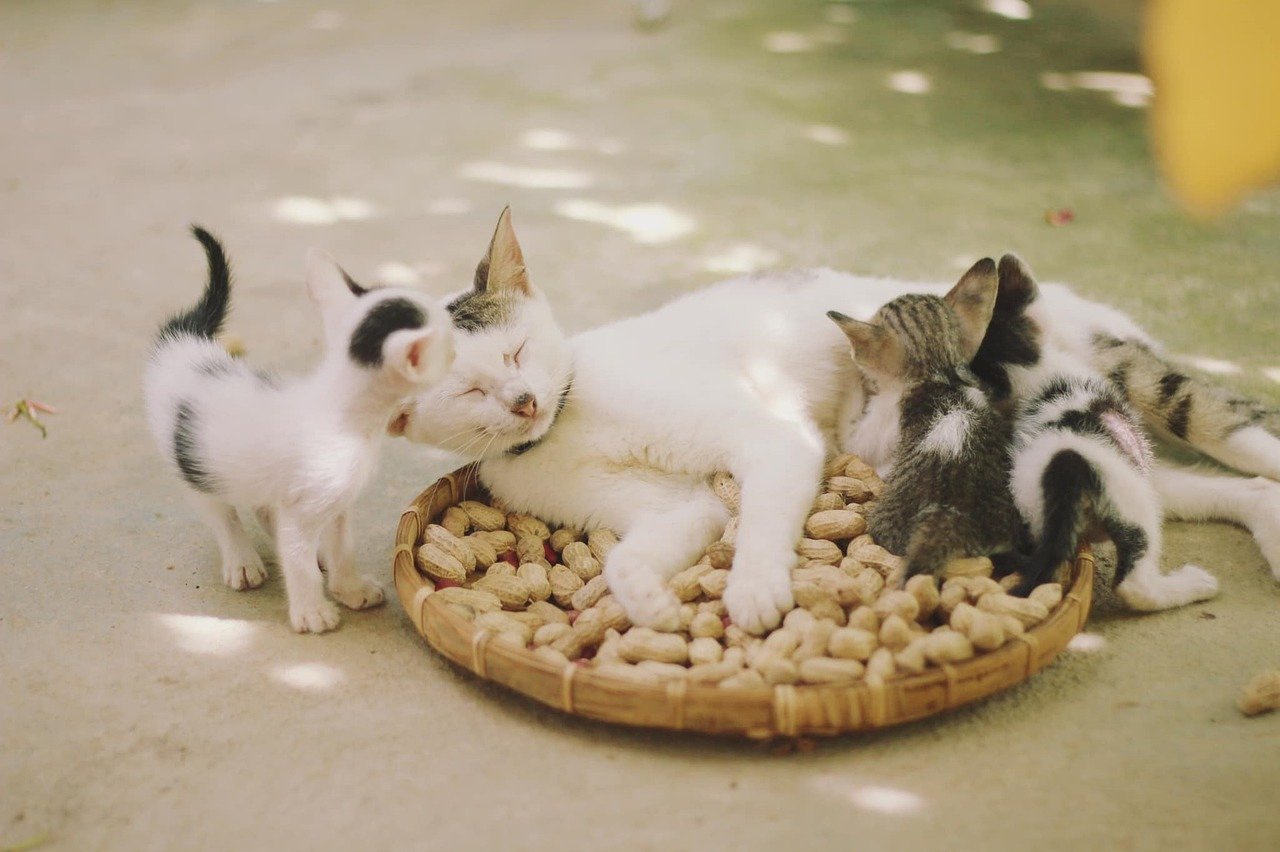
Every day with your cat is a chance to create new, positive memories. Simple acts—gentle petting, playtime, treats—build trust and happiness over time. For a cat with a troubled past, these small moments are like bricks in a wall of safety and love. The more positive experiences you share, the more confident and affectionate your cat can become. It’s not about erasing the past, but about giving your cat a brighter present.
Should You Worry About Your Cat’s Past?
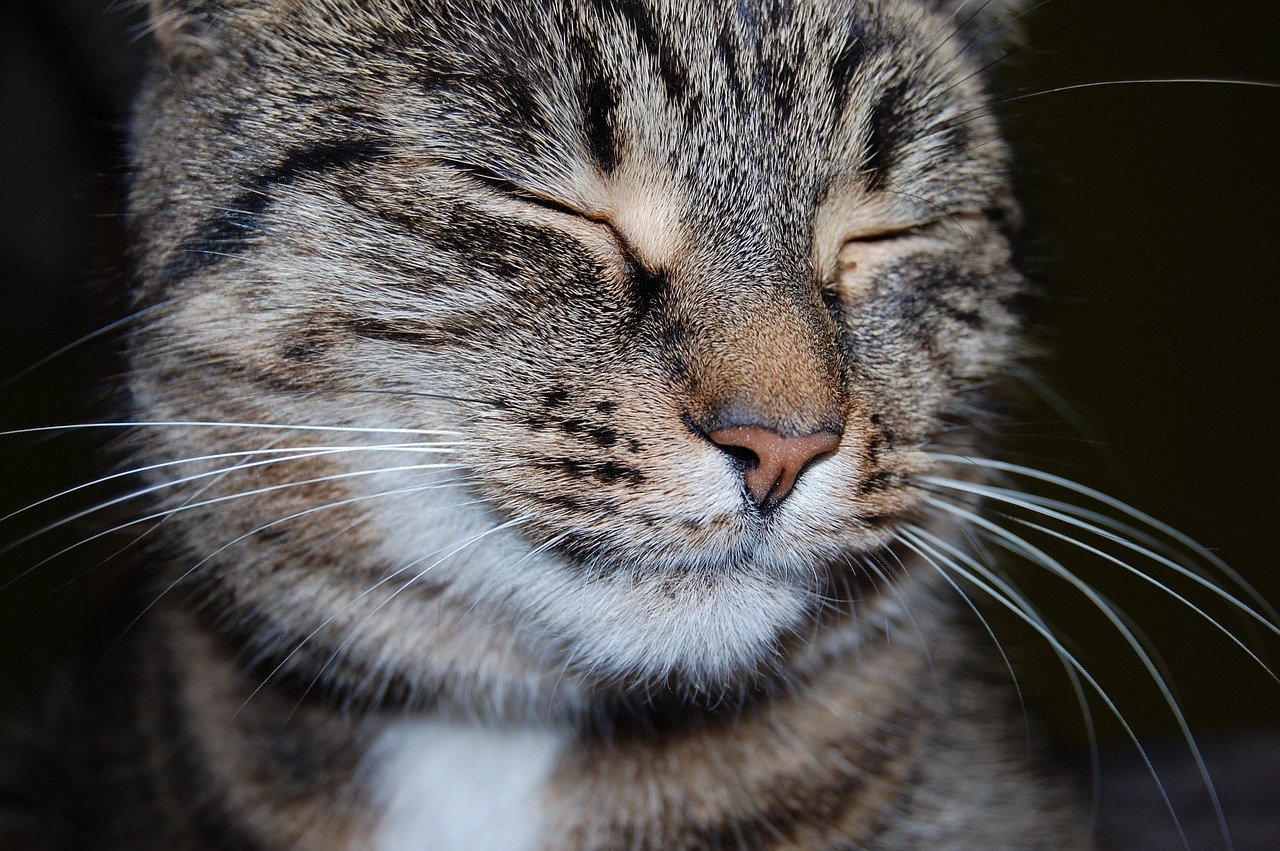
It’s easy to wonder if your cat will ever “get over” what happened before you met. The truth is, you can’t change their past, but you can shape their future. Being aware of their needs, respecting their boundaries, and celebrating their progress will help your cat feel safe and loved. Worrying won’t help, but understanding and patience will. Every cat is different, and healing happens on their timeline.
Why Understanding Cat Memory Matters

Understanding how your cat remembers is key to building a strong, trusting bond. Knowing that your actions—good or bad—can leave a lasting impact reminds us to be gentle and patient. It helps explain unexpected behaviors and guides how we support our feline friends through tough times. When you look at your cat, remember: you’re not just their present, you’re helping them rewrite their story, one memory at a time.
Hi, I’m Bola, a passionate writer and creative strategist with a knack for crafting compelling content that educates, inspires, and connects. Over the years, I’ve honed my skills across various writing fields, including content creation, copywriting, online course development, and video scriptwriting.
When I’m not at my desk, you’ll find me exploring new ideas, reading books, or brainstorming creative ways to solve challenges. I believe that words have the power to transform, and I’m here to help you leverage that power for success.
Thanks for stopping by, Keep coming to this website to checkout new articles form me. You’d always love it!

